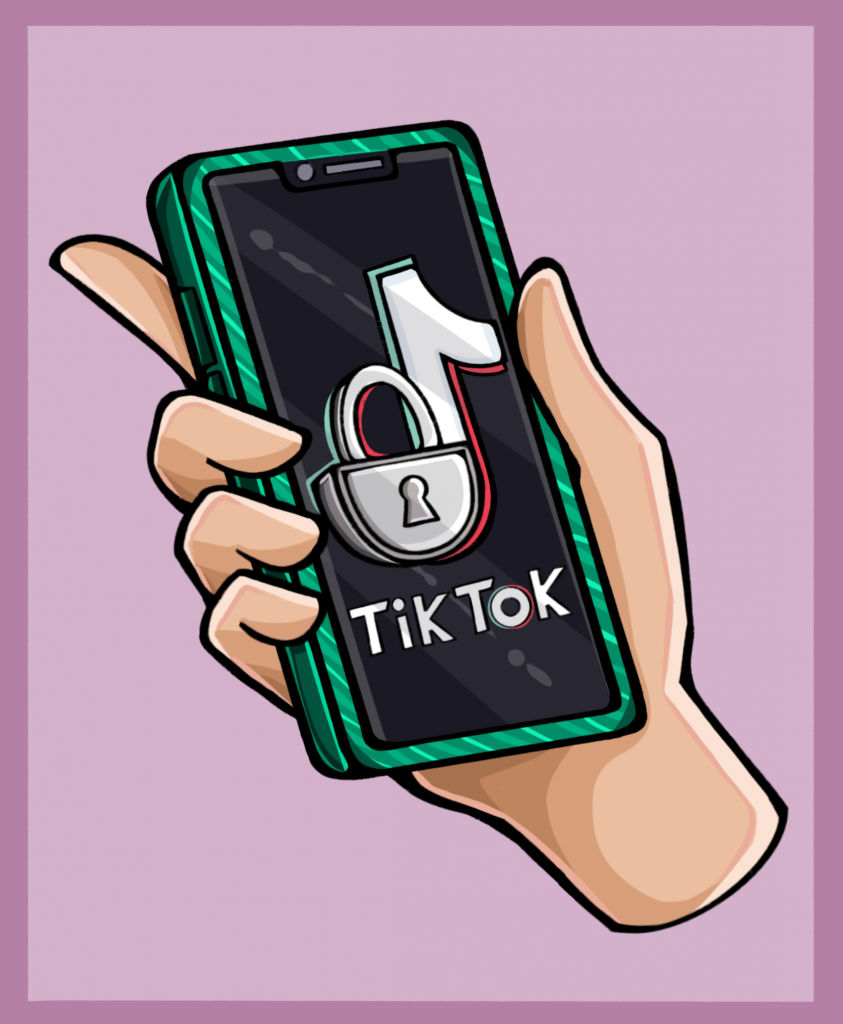The U.S. House of Representatives recently passed legislation requiring ByteDance, a Chinese technology firm, to sell their popular social media platform TikTok or face a possible ban in the United States.
If it goes into effect, the Protecting Americans from Foreign Adversary Controlled Applications Act will require ByteDance to sell TikTok in six months or risk being banned from American app stores and web-hosting services. The legislation passed in a 352-65 vote, with 197 Republicans and 155 Democrats approving. Fifteen Republicans and 50 Democrats voted against the bill, and one Democrat voted present.
It now heads to the Senate, where it faces an uncertain fate. Biden has confirmed he will sign it into law if it passes.
Lawmakers have expressed concerns that TikTok and ByteDance may share sensitive user data, like location information, with the Chinese government. The bill’s supporters expressed fear that the Chinese government could collect Americans’ user data or “weaponize it to covertly influence the [United States] public by amplifying or suppressing certain content,” posing a national security threat. The app has over 150 million American users, with 44.4 percent of TikTok users aged 24 or under.
“I’ve never been a fan of TikTok,” David Fayle, a freshman majoring in industrial and systems engineering, wrote. “I found the content problematic and the overall platform very addicting. Coupled with the chaotic nature of the app and the mass harvesting of user data, I’m not in opposition to it being regulated. Whether or not that warrants a national ban is hard to say. With that being said, American platforms like Facebook, X and Snapchat should be held to a similar standard.”
Rep. Marc Molinaro, who represents New York’s 19th Congressional District, which includes the city of Binghamton, was among the 197 Republicans who voted to approve the bill. The congressman’s office did not respond to Pipe Dream’s request for comment.
TikTok has repeatedly denied sharing sensitive information with the Chinese government and holds that it would decline any of their requests for user data. TikTok CEO Shou Zi Chew claims that the company actively works to protect user data, and banning the app would give more power to other social media conglomerates.
Massimo Brogna, a freshman majoring in biology, expressed opposition to the bill, describing concerns that the ban will cause backlash among TikTok users.
“The evidence that TikTok’s data was being shared with other countries currently does not seem to be a greater extent compared to other major companies,” Brogna wrote. “Any sort of restriction on TikTok would likely cause outrage from those who frequent the app, but current users would still have access to the app. I think a change in ownership would help lessen accusations of spying, but hopefully more information comes out detailing what exactly our data was used for before considering a ban.”
TikTok has encouraged users to contact their lawmakers to persuade them to vote against the bill. Rep. Mike Gallagher, a Republican from Wisconsin, a lead cosponsor of the bill, told reporters that he and other congresspeople have received phone calls from constituents advocating against the ban.
Hailey Faurot, a sophomore majoring in environmental science, did not express concern about the potential TikTok ban and believes others shouldn’t either.
“I don’t even use TikTok because I feel like I already spend enough time on the internet, but if I did, I wouldn’t worry too much because another platform will certainly be able to host the people and content that TikTok currently does,” Faurot wrote.



